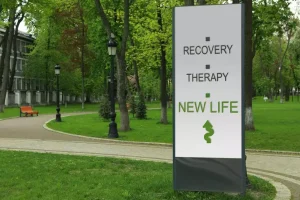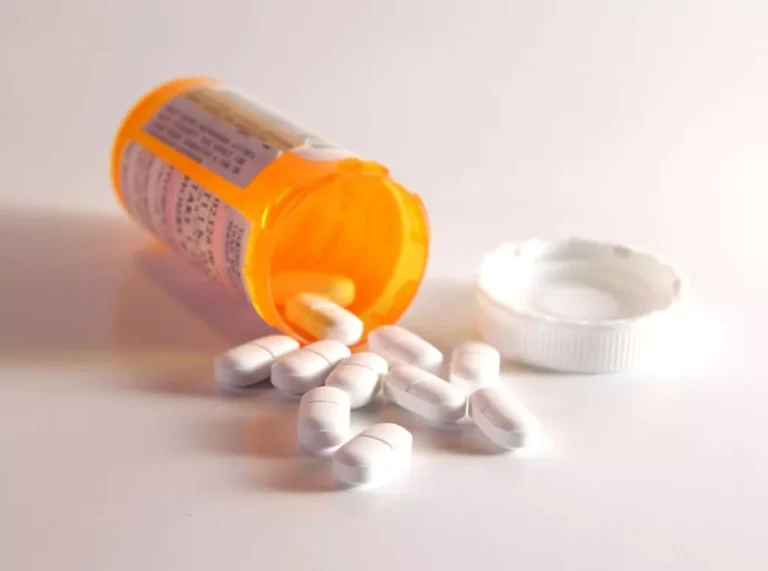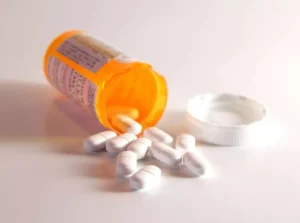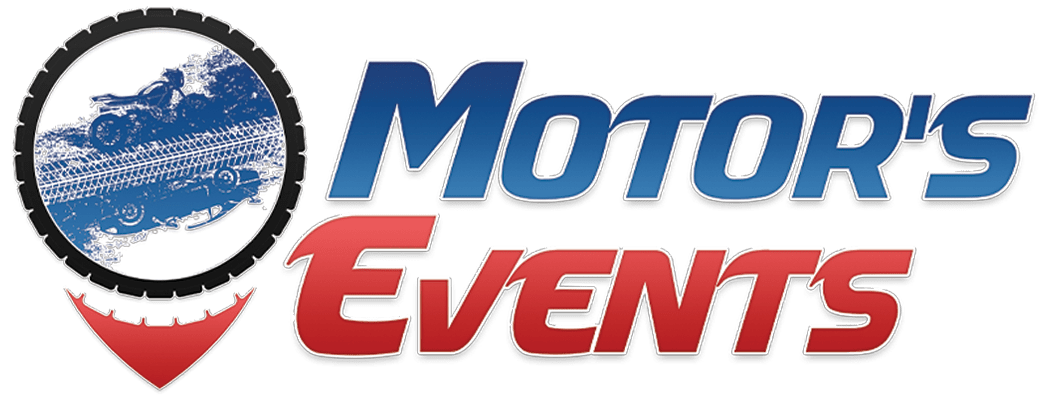
Because addiction is a chronic relapsing disease, relapse can occur, though, at any time in the recovery processsome people relapse after having been in recovery for years. Therefore, it is important that patients understand that recovery is not an event or a time-limited goal; rather, it is a series of changes across multiple domains of life that need to be maintained lifelong. Creating a relapse prevention plan is a crucial step in maintaining long-term recovery from substance use disorders and addictive behaviors.

Understanding the Importance of a Relapse Prevention Plan
Schedule regular times (i.e., monthly) to review and make any needed adjustments based on your progress or new triggers that may arise. This written plan becomes a reference tool for staying on track and can be especially helpful during challenging times. Acknowledge that a lapse (a single instance of substance use) can happen without it turning into a full relapse. Write down what to do if a lapse occurs, like contacting a counselor, attending a support group, or reviewing personal goals to refocus on recovery. Write down specific responses you will use in high-risk situations (i.e., having an exit strategy at social gatherings, bringing your own alcoholic drinks alternatives).
Relapse Prevention Plan: Techniques to Help You Stay on Track
- By addressing different aspects of your life, you can create a more holistic and comprehensive relapse prevention plan.
- Mindfulness practices, such as meditation or deep breathing exercises, can help you stay present and grounded, reducing the urge to turn to substances or unhealthy behaviors.
- Maintaining good sleep hygiene is vital for emotional regulation and overall health and plays a key role in preventing relapse.
- A family-centered approach to creating a relapse prevention plan involves everyone in the process and helps establish a support system.
By planning ahead, individuals can better navigate challenging situations, manage cravings, and reinforce their commitment to a sober lifestyle. Remember, the goal of recognizing your high-risk situations is not to avoid them entirely but to equip yourself with the necessary tools and techniques to navigate them successfully. With a well-thought-out relapse prevention plan, you can confidently face these challenges and maintain your sobriety. Prior to creating your relapse prevention plan, it is essential to take some time for self-assessment. Understanding your triggers and recognizing your high-risk situations will help you tailor your plan to your specific needs.
- This plan is more than just a static piece of paper; it’s a dynamic tool that evolves with the individual, reflecting their unique journey and personal growth.
- In the modern age, technology plays an increasingly important role in supporting relapse prevention (RP) efforts.
- Given the complexities and challenges of maintaining long-term sobriety, a well-structured relapse prevention plan becomes an essential tool in any recovery toolkit.
Ranked in Newsweek’s list of Best Addiction Treatment Centers for 2024
Groups like Alcoholics Anonymous, Narcotics Anonymous, and SMART Recovery provide invaluable help, resources, and substance abuse group activities. They also offer a safe space for group members to talk about their struggles and learn to cope without substances. Surround yourself with a strong support system of friends, family, and sober acquaintances. Additionally, join local recovery meetings to interact with peers in similar situations. This technique involves running “a mental videotape” of the entire relapse process.
Addiction Resource does not favor or support any specific recovery center, nor do we claim to ensure the quality, validity, or effectiveness of any particular treatment center. No one should assume the information provided on Addiction Resource as authoritative and should always defer to the advice and care provided by a medical doctor. A relapse prevention planning worksheet can be helpful for those who find it difficult to write it themselves. It gives you a basic outline of what a good prevention process looks like and allows you to personalize it further to fit your unique needs and aid you during the recovery process.
- By consciously incorporating your plan into your lifestyle, you are strengthening your commitment to recovery.
- A good relapse prevention plan will help your client recognize when they are at risk, and it will give them several ways to navigate these experiences successfully.
- Mindfulness-Based Relapse Prevention (MBRP) integrates mindfulness practices with traditional RP strategies.
By identifying these triggers, you can create strategies to avoid or manage them effectively. Relapse prevention worksheets are valuable tools that help individuals in recovery track their progress, identify triggers, and develop effective coping strategies. These worksheets provide a structured way to document experiences and reflect on one’s journey toward sobriety. Building a strong support network is a critical aspect of a relapse prevention plan.

Your addiction does not have to define who you are.
While it is a common part of the recovery process, it can lead to dangerous behaviors that may harm both the relapsing individual and their loved ones. Effective relapse prevention (RP) techniques include cognitive-behavioral therapy, mindfulness-based relapse prevention, and lifestyle changes. Each of these techniques has been extensively studied and shown to reduce the risk of relapse significantly. Addiction affects not only the individual struggling with substance use disorder but also their loved ones. A family-centered approach to creating a relapse prevention plan involves everyone in the process https://ecosoberhouse.com/article/relapse-prevention-plan-how-it-can-help-you-stay-on-track/ and helps establish a support system. As our loved one begins their journey towards sobriety, we may feel relieved that they have a relapse prevention plan in place.


By identifying your triggers, you gain insight into the areas that require extra vigilance and attention. A person’s support system may also play an important role in recovery and the avoidance of relapse. Family counseling and therapy sessions may help loved ones to better understand the disease of addiction and learn to recognize potential relapse triggers and ways they can support in those instances. Communication skills and the overall family dynamic may improve through family therapy as well. A relapse is a return to drinking or drug use after attempts have previously been made to stop.
Relapse Prevention Strategies and Techniques for Addiction
By identifying these signs, individuals can take proactive measures to avoid a full-blown relapse. Instead of waiting until it’s too late, recognizing the early warning signs can lead to timely intervention that can prevent a relapse altogether. It’s essential to understand relapse prevention plan the warning signs of relapse, which may include sudden changes in behavior or mood, neglecting responsibilities, and increasing isolation from loved ones. Additionally, triggers such as stress, social pressure, or personal problems can contribute to relapse. Within the framework of a relapse prevention plan, individuals identify potential triggers—those circumstances, emotions, or situations that could tempt them back towards substance use.


